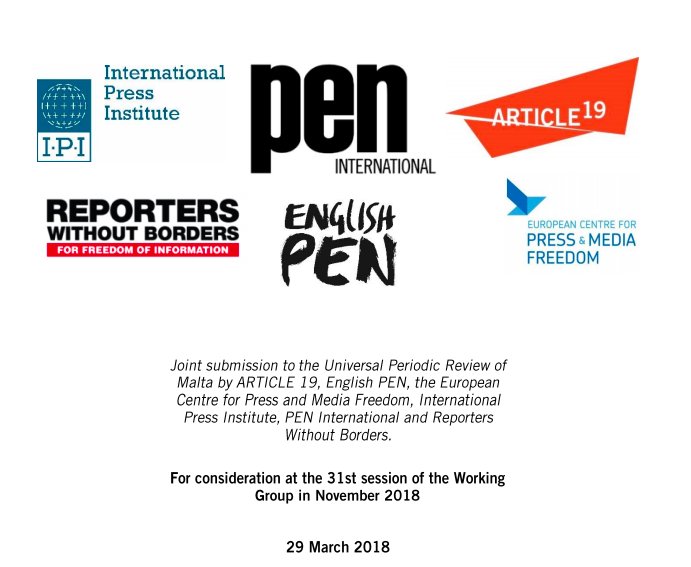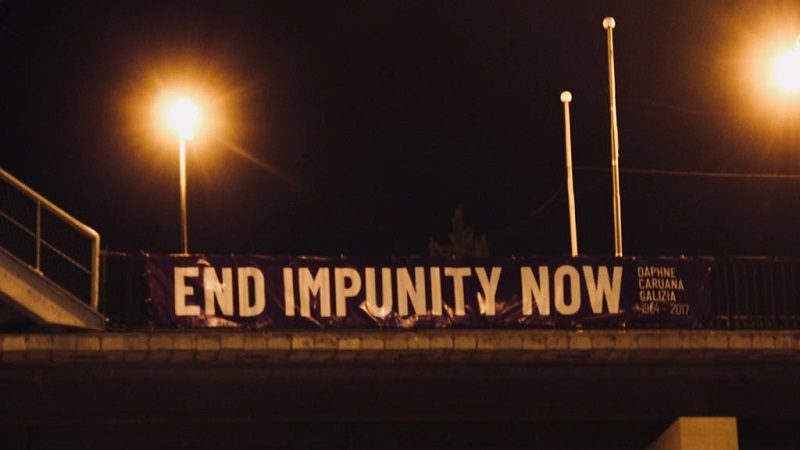The new Media Bill enacted on Monday “falls far short” of the assertions made by the government in its promotion of the new law, according to PEN International’s advocacy and policy manager.
“The law remains highly repressive with the burden of proof still placed on the defence. Worse still, cases can still be taken vs heirs as with 34 ongoing suits vs Daphne Caruana Galizia’s family,” Sarah Clarke said on Twitter.
The government promoted the new law on social media as giving “unprecedented freedom of expression” and “press freedom” to journalists in Malta.
The new law removes criminal libel and prevents plaintiffs from filing garnishee orders against journalists – as minister Chris Cardona had against Daphne Caruana Galizia – and only allows applicants to file one libel suit per story.
While welcoming the decriminalisation of defamation, PEN International said its “profound concerns” on freedom of expression in the country remained. These are outlined in a joint report to the United Nations on the situation of freedom of expression in Malta.
The report was compiled together with English PEN, Reporters without Borders, International Press Institute, Article 19 and the European Centre for Media and Press Freedom.

The report outlines three main concerns: legislative restrictions on freedom of expression and lack of media pluralism as well as the safety of journalists and the issue of impunity for violence.
PEN called on the Maltese authorities to respect and protect freedom of expression, journalists and whistleblowers in line with international standards.
The international organisation has a long history of supporting writers at risk and campaigning for the protection of freedom of expression. PEN was critical of the government’s refusal to include protection against financially crippling SLAPP lawsuits in the new law.
“Worse still, the Malta government opposed including amendments in the Malta Media Bill to prohibit enforcement of Strategic Lawsuits Against Public Participation (SLAPP) court decisions. Recent SLAPP cases and threats to use them involved Daphne Caruana Galizia and The Shift News,” Clarke said.

“Most alarming is that the new Media Bill does nothing to address the ongoing impunity for the assassination of Daphne Caruana Galizia, the persistent threats by high level officials vs the Daphne Project and independent media and civil society in Malta,” she added.
The Shift News on Monday published the results of a six-month investigation into the Labour Party’s secret groups peddling hate and propaganda to the Party’s supporters. It revealed that Prime Minister Joseph’s Muscat’s claim to represent a positive politics masks a relentlessly violent and abusive campaign against critics. Read the full story here.













